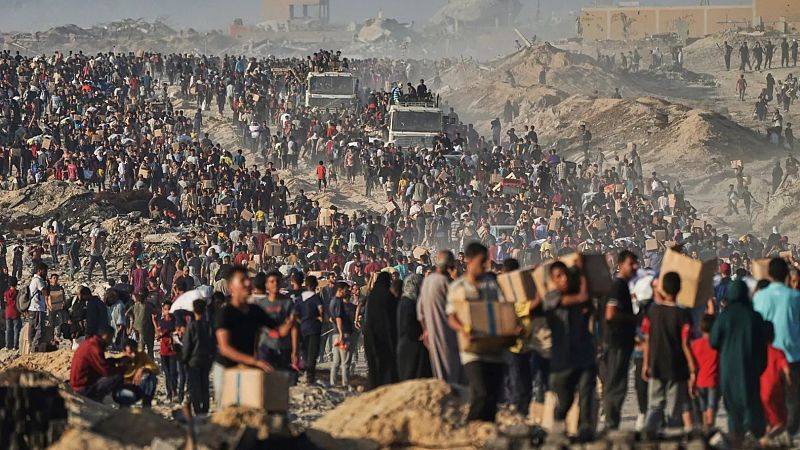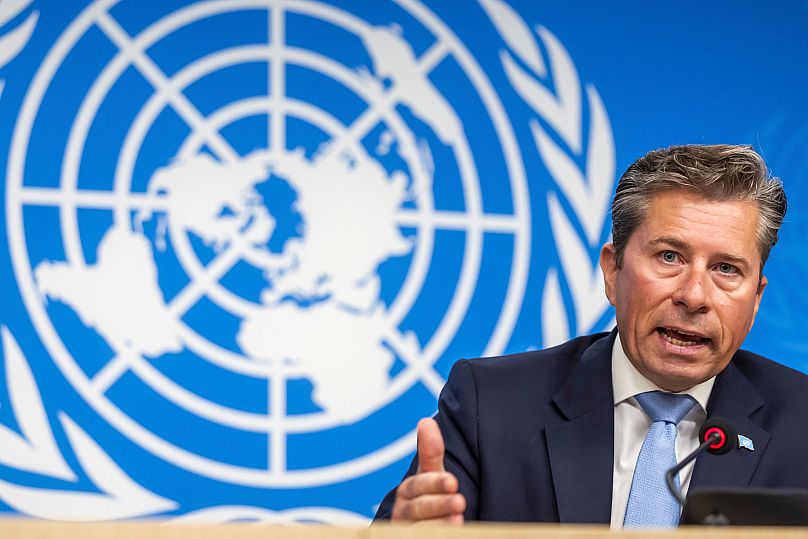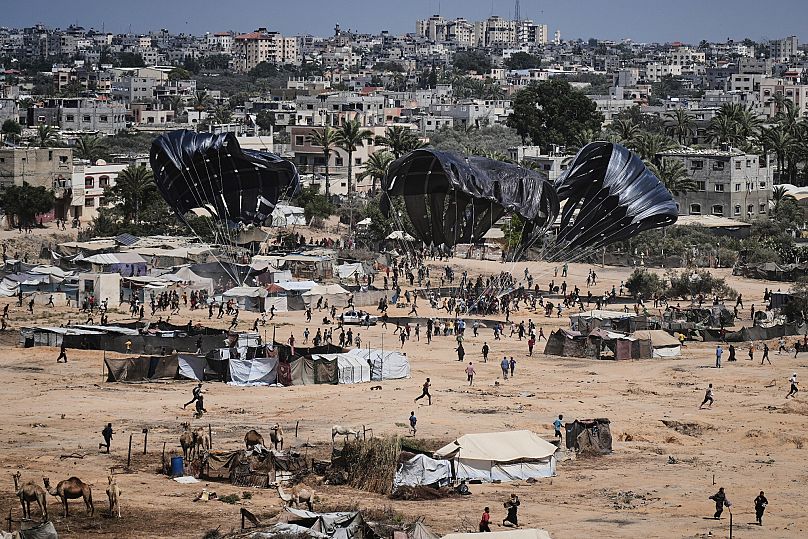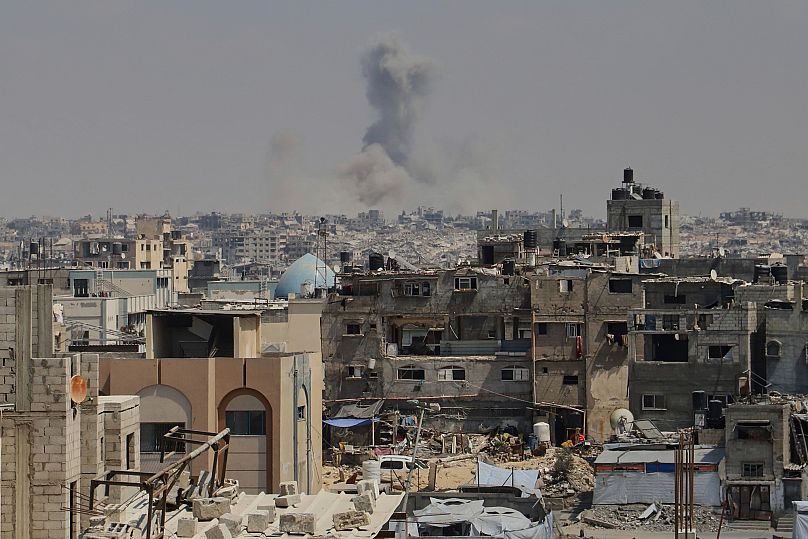Famine confirmed in part of Gaza for first time and expected to spread, IPC says

The world's leading authority on food crises said on Friday the Gaza Strip's largest city is gripped by famine and that it is likely to spread across the territory without a ceasefire and an end to restrictions on humanitarian aid.
The Integrated Food Security Phase Classification (IPC) said famine is occurring in Gaza City, home to hundreds of thousands of Palestinians and that it could spread south to Deir al-Balah and Khan Younis by the end of next month.
The IPC determination comes after months of warnings by aid groups that Israel's restrictions of food and other aid into Gaza, and its military offensive, were causing high levels of starvation among Palestinian civilians, particularly children.
The grim milestone, the first time the IPC has confirmed a famine in the Middle East, is sure to ramp up international pressure on Israel, which has been in a brutal war with Hamas since the militant group led an incursion into Israel in 2023.
"The Gaza famine is the world's famine. It is a famine that asks, but what did you do? A famine that will and must haunt us all is it is a predictable and a preventable famine. A famine caused by cruelty. Justified by revenge. Enabled by indifference and sustained by complicity," said Tom Fletcher, the UN Under-Secretary-General for Humanitarian Affairs and Emergency Relief Coordinator.
Israel says it plans to soon escalate the war by seizing Gaza City and other Hamas strongholds, which experts say will exacerbate the hunger crisis.
The IPC said hunger has been driven by fighting and the blockade of aid and magnified by widespread displacement and the collapse of food production in Gaza, pushing hunger to life-threatening levels across the entire territory after 22 months of war.
More than half a million people in Gaza, about a quarter of the population, face catastrophic levels of hunger, and many are at risk of dying from malnutrition-related causes, the IPC report said.
Last month, the IPC said the "worst-case scenario of famine" was unfolding in Gaza, but stopped short of an official determination.
Israeli Prime Minister Benjamin Netanyahu has denied there is hunger in Gaza, calling reports of starvation "lies" promoted by Hamas.
After the publication of images of emaciated children in Gaza and reports of hunger-related deaths, Israel announced measures to let more humanitarian aid in.
But the UN and Palestinians in Gaza say what's entering is far below what's needed.
The Israeli military agency in charge of transferring aid to the territory rejected the IPC report on Friday, calling it "false and biased."
The agency, known as COGAT, rejected the claim that there was famine in Gaza and said that significant steps had been taken to expand the amount of aid entering the strip in recent weeks.
"A rapidly increasing number of people, especially young children, are dying preventable deaths from starvation and disease because Israel made starvation a core part of its campaign to control the strip," said Chris Newton, an analyst for the International Crisis Group.
Israel’s plan to escalate the war in Gaza City weeks after a warning that famine was beginning there demonstrates how "intentional the famine is and how Israel wields starvation," he said.
Netanyahu says more military pressure is needed to achieve Israel's goals of freeing the hostages held by Hamas and eliminating the militant group altogether.
How the IPC determines famine
Formal famine determinations are rare. The IPC has previously determined famines in Somalia in 2011, South Sudan in 2017 and 2020, and parts of Sudan’s western Darfur region last year.
The IPC says a famine exists in an area when all three of the following conditions are confirmed:
At least 20% of households have an extreme lack of food, or are essentially starving. At least 30% of children six months to five years old suffer from acute malnutrition or wasting, meaning they’re too thin for their height. And at least two people, or four children under five, per 10,000 are dying daily due to starvation or the interaction of malnutrition and disease.
Israel's offensive and its restrictions on access to Gaza have made collecting data difficult.
The data analysed between 1 July and 15 August showed clear evidence that thresholds for starvation and acute malnutrition have been reached.
Gathering data for mortality has been harder, but the IPC said it is reasonable to conclude from the evidence that the necessary threshold has likely been reached.
The IPC warned that a third of Gaza's population could face catastrophic levels of hunger by the end of September, and that this is probably an undercount.
Today




